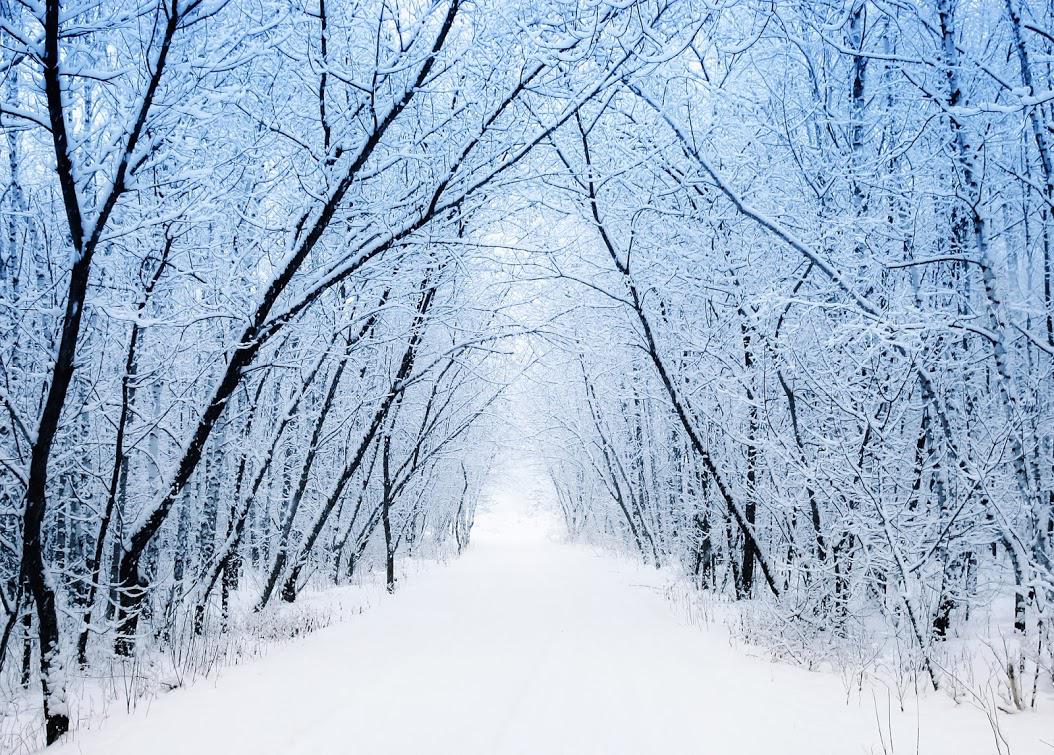Common Winter Septic System Mistakes to Avoid
Septic systems can
develop unique problems in the winter, especially if the system is
near the surface and the winter is a severe one. However, misinformed
attempts to avoid or mitigate these problems can be ineffective or
even make the situation worse. Here are some common mistakes to avoid
when caring for your septic system in the winter.
Mowing Grass Short
Mowing the grass above your septic system is a good thing during the summer, but you should stop mowing a few weeks before the end of the growing season; this will allow a few extra inches of vegetation to build up, which can help insulate the area.
You can also mulch the septic system during the winter if it's a vacation cabin that you're not using again until the summer. Mulch inhibits evaporation, though, so you shouldn't mulch the leach field if you're using the septic system all winter long.
Neglecting Pre-Winter Maintenance
In a place with cold winters, fall could be your last chance to do any drain or septic maintenance and repairs until the ground thaws again. If you're planning on using the system all winter, you'll want to make sure it's in great shape so it can keep going until spring without maintenance.
Schedule a pumping if needed as well as an inspection and any repairs that are in order. Ignoring a slow drain is especially problematic during the cold season. A partial blockage can allow a buildup of water that will quickly turn into a buildup of ice and can then cause a complete blockage.
Leaving Faucets Dripping
Leaving a faucet trickling or dripping overnight is a commonly recommended way to keep your supply pipes from freezing. But this technique could actually cause problems if you have a septic system.
Using water regularly, especially warm water, does help keep your drains and septic system from freezing up. However, a tiny trickle of cold water could be just enough to feed a growing ice clog without being enough to keep things moving. And a more substantial stream would be more likely to overwhelm your septic tank with water that it can't process quickly enough.
Plowing Over the System
Plowing snow off the top of your septic system might seem like a good idea, since the snow could be hindering evaporation. But plowing equipment could be heavy enough to damage pipes made brittle by cold weather and will definitely be heavy enough to drive some of the air out of the soil and the remaining snow.
Plus, snow can actually aid in insulation. All told, it's better to avoid plowing the area if possible.
Not Knowing the System's Limitations
Having friends and family over for Christmas can be great fun, but you need to set boundaries to ensure that your septic system can deal with it. Setting good boundaries starts with knowing the system's size and how much it can handle.
From there, you can strategize to best protect against system failure. For example, you can set water use limits, decide who takes their showers in the evening and who takes their showers in the morning, consider pumping the tank before an event if weather permits, or even rent a portable toilet if needed.
DIY Thawing Attempts
Although your entire septic system can freeze, it's relatively uncommon. If your drains stop working, it's more likely that your main sewer line froze up. But either way, you need to call for a professional because trying to handle this problem on your own can make everything much worse.
For example, running hot water into a frozen system can cause sewage backups into your home. And lighting a fire or using a blowtorch or other flame (or even just an extreme heat source) to warm the area can ignite gases coming from inside the system and cause an explosion.
These wintertime mistakes can all be avoided with a little knowledge and a little planning. Call Walters Environmental Services today for help preparing your septic system for a cold winter.





